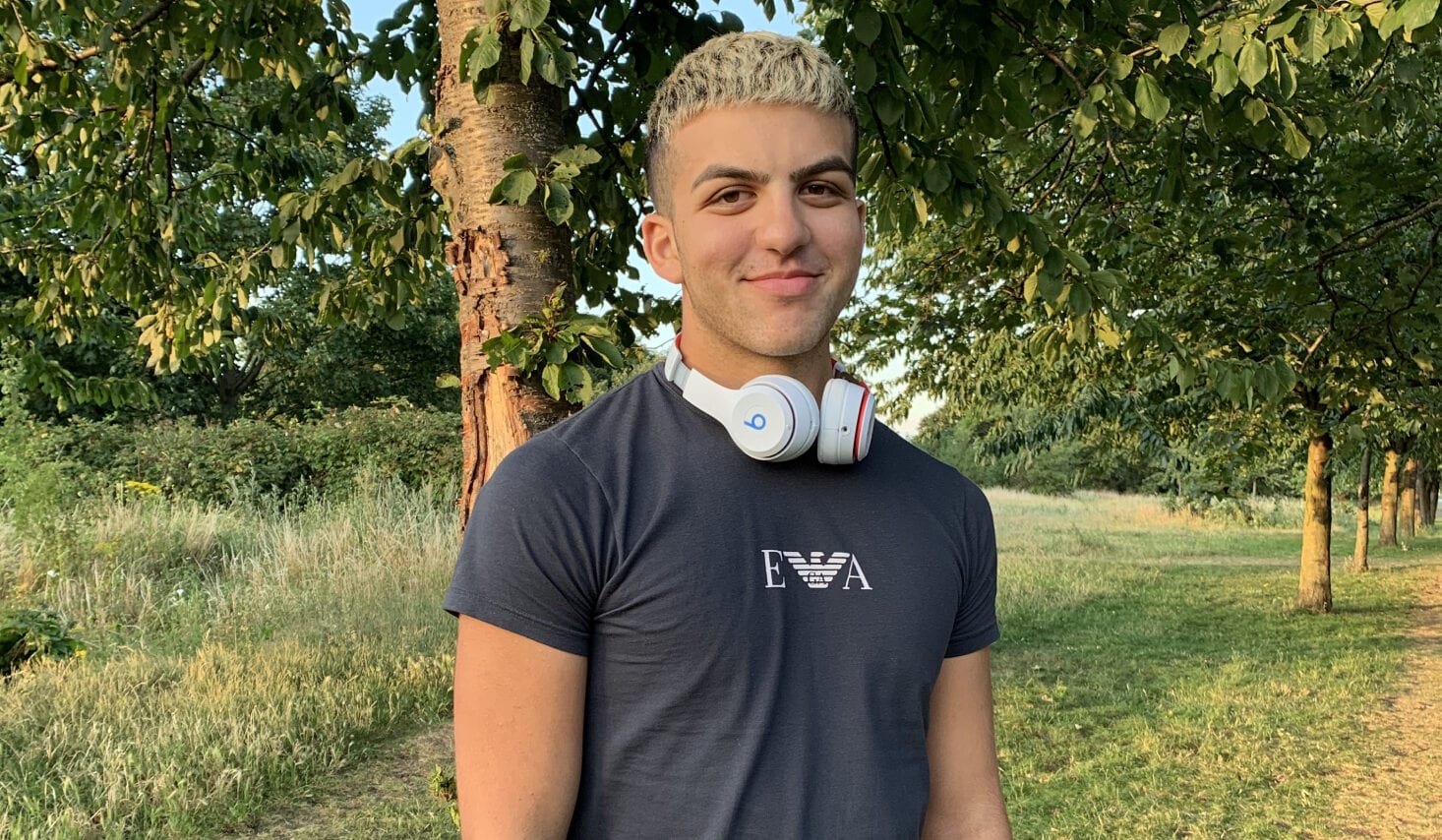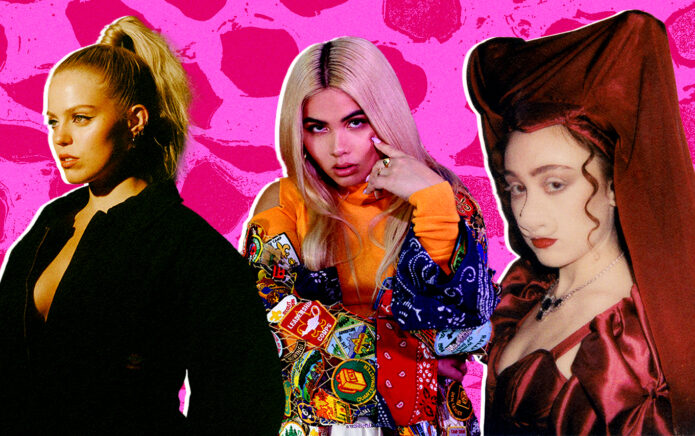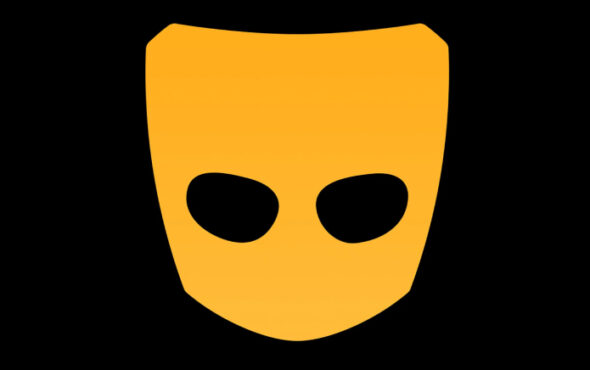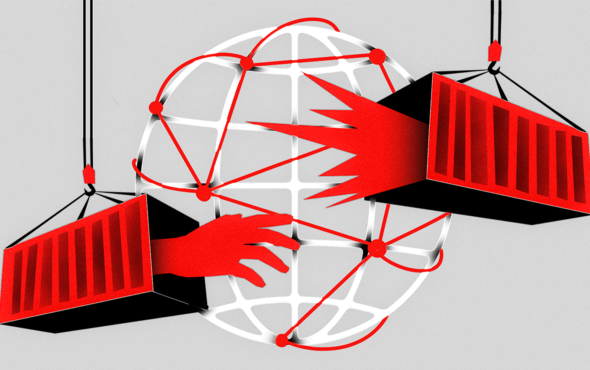
Growing up, the words gay and Muslim didn’t quite feel like they could belong together in a sentence. When those words became my reality, I had to begin to find a way of embracing both.
Being born to parents from opposite sides of the world brought a unique combination of cultures, language, and of course, great food. This combination of worlds also created questions for me, like where do I fit in?
I had this constant feeling that I was not quite white enough. Not quite straight enough. Not quite Muslim enough. Simply, not quite enough.
Understandably, most people struggle with self-doubt when coming to terms with their LGBTQ+ identity. Some people find comfort in having labels to express their sexuality or gender identity and others flourish in the freedom of having no labels at all. But when there’s no vocabulary to use, how do you begin to understand a part of who you are?
When I first started realising I was gay at around 14, words like gay or sexuality were alien to me. All I knew was I felt different and I couldn’t quite work out why.
Even growing up in a big city like Manchester, there wasn’t a lot of discussion at school or at home about being LGBTQ+, which made finding self-acceptance a less than straight-forward process.
At secondary school, I wasn’t as comfortable with being openly gay as I am today. The fear of the unknown was too overwhelming and I was struggling with too much shame to talk about it.
TV shows like Ackley Bridge were massively key to helping challenge my own views towards my sexuality. The internal battle between religion and sexuality, that at one point in time I believed seemed to only affect me, suddenly became accessible in a way that I’d never seen before. Seeing not just one, but two LGBTQ+ Muslim characters with a main starring role breaking down the barriers of being gay and from a Muslim community was amazing.
Reading the book A Dutiful Boy by Mohsin Zaidi also helped me find self-acceptance by showing his first-hand account of coming out to his Muslim family and yet still going on to achieve incredible personal success – a concept that as a 14-year-old gay Muslim from Manchester I didn’t quite believe was possible.
Visibility is key to making sure the next generation of LGBTQ+ young people believe that anything is possible, despite how they might identify or the faith they may follow.
When I finally accepted myself – after moving to a new city, London, where I was surrounded by people who were unapologetically embracing their identities – being gay suddenly transformed from an overwhelming unspoken shame to simply just a small element of my identity.
I feel relieved that I can finally be myself and not have to worry about being not quite enough of anything – but no LGBTQ+ young person should have to face this struggle. They should know that you don’t have to pick between being gay or Muslim, and that they are enough.
Having an open dialogue within school about being LGBTQ+ can make the world of difference. Luckily, I had a handful of supportive teachers and friends who helped reassure me it was okay to be gay and from a faith background.
That had a huge impact on my self-worth and I’ll never forget their support but half of secondary school pupils say they’ve had little to zero positive messaging about being LGBTQ+ in the past year.
I decided I didn’t want other young people growing up gay and Muslim to go through the fear that I felt. Choosing to volunteer for Just Like Us seemed like an obvious choice as soon as I saw the advert.
Being able to go into schools and share my experience of being gay, a person of colour, and raised with a faith background was an opportunity that I knew could help other LGBTQ+ youth.
How do I know I could help? Because that’s exactly what I needed to hear when I was growing up – someone else who had similar fears about coming out and similar challenges that faith can bring when coming to terms with being gay.
Being part of the LGBTQ+ community is something to be embraced and celebrated and volunteering with Just Like Us has helped me and so many young people in school know this, regardless of where they may come from.
To any LGBTQ+ Muslims or people of colour reading, I’d definitely encourage volunteering with Just Like Us. Whilst my coming out journey was far from simple and still not over, I know that sharing our experiences with the next generation of LGBTQ+ people could help make a huge difference.
For more information about Just Like Us and their incredible work supporting LGBTQ+ youth, visit their website.



